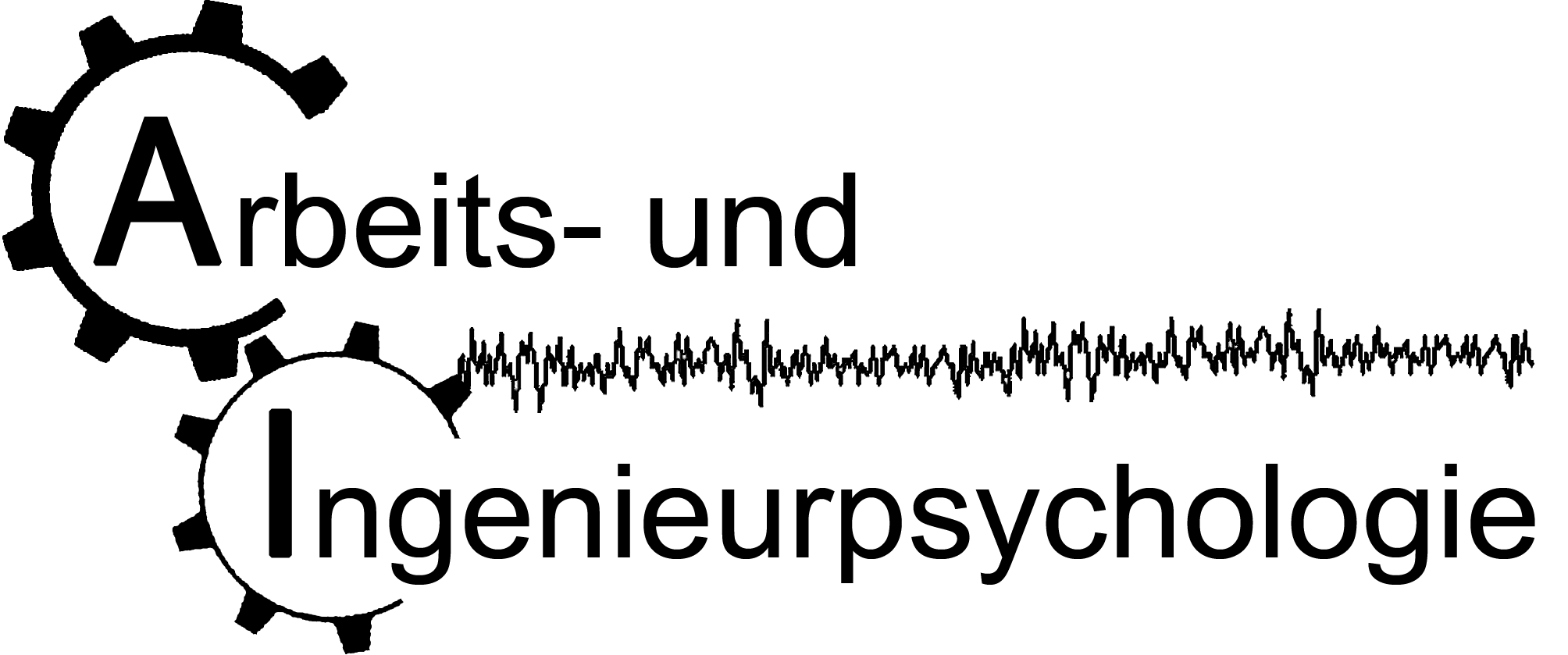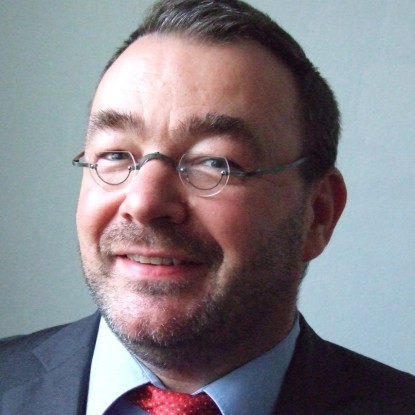Wednesday, 15.02.2023
Alexanderstr. 10, S1|15, lecture hall on the first floor
---------------------------------------------------------------------------------------------------------------------------
9:00 – 9:45: Opening
---------------------------------------------------------------------------------------------------------------------------
09:45 – 10:30: First Keynote held by Alena Naiakshina, Ruhr-University Bochum: „Helping Developers with Software Security“
---------------------------------------------------------------------------------------------------------------------------
10:30 – 11:00: Coffee break
---------------------------------------------------------------------------------------------------------------------------
11:00 – 11:25: How do you Feel about Cybersecurity? – A Literature Review on Emotions in Cybersecurity (Alexandra von Preuschen, Justus-Liebig-University Gießen; Verena Zimmermann, ETH Zürich; Monika C. Schuhmacher, Justus-Liebig-University Gießen)
11:25 – 11:50: Clean up my Phone: Field Trial Results of a Privacy Tool Increasing Transparency about App Behavior (Susen Döbelt, Chemnitz University of Technology; Josephine Halama, Chemnitz University of Technology)
11:50 – 12:15: Users’ Privacy Literacy, Motivation to use Tor and Strategies to Enhance their Privacy (Florian Platzer, Fraunhofer-Institut für Sichere Informationstechnologie SIT; Alexandra Lux, Technische Universität Darmstadt)
12:15 – 12:40: Defeating Dark Patterns: The impact of supporting information on dark patterns and cookie privacy decisions (Jennifer Klütsch, RWTH Aachen University; Christian Böffel, RWTH Aachen University; Sophia von Salm-Hoogstraeten, RWTH Aachen University; Sabine J. Schlittmeier, RWTH Aachen University)
---------------------------------------------------------------------------------------------------------------------------
12:40 – 14:15: Lunch break & Poster session
---------------------------------------------------------------------------------------------------------------------------
14:15 – 15:00: Second Keynote held by Tobias Dienlin, University of Vienna: „Happy, but only for a while? Effects of Digital Technology Use on Well-Being“
---------------------------------------------------------------------------------------------------------------------------
15:00 – 15:25: The Technology Acceptance Model (TAM) and its Importance for Digitalization Research: A Review (Angela Schorr, University of Siegen)
15:25 – 15:50: Dual-Use in Volunteer Operations? Ethical and Practical Concerns of Computer Science Students regarding the Establishment of a Cyber Security Volunteer Force (Jasmin Haunschild, Technische Universitat Darmstadt; Leon Jung, Technische Universität Darmstadt; Christian Reuter, Technische Universität Darmstadt)
---------------------------------------------------------------------------------------------------------------------------
15:50 – 16:20: Coffee break
---------------------------------------------------------------------------------------------------------------------------
16:20 – 16:45: Exoskeleton developments at the Technical University of Darmstadt (Maximilian Stasica, Technische Universitat Darmstadt; Martin Grimmer, Technische Universitat Darmstadt; Guoping Zhao, Technische Universitat Darmstadt)
---------------------------------------------------------------------------------------------------------------------------
16:45 – 17:05: Closing remarks
---------------------------------------------------------------------------------------------------------------------------
17:15: Get together



